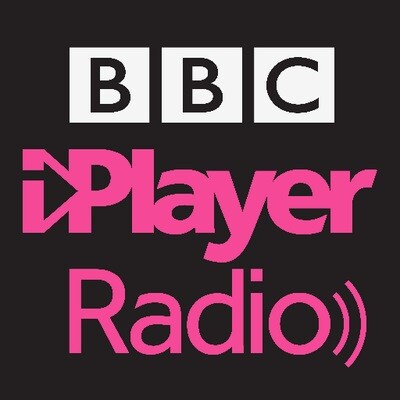BBC Radio London: TMS Treatment for Depression
May 16, 2018 - Smart TMS

BBC Radio London explored how Repetitive Transcranial Magnetic Stimulation had helped a patient with severe, long-term depression to find recovery.
As well as interviewing the patient, Jason Rosam (sitting in for Simon Lederman) also interviewed Smart TMS CEO, Gerard Barnes, to find out more about rTMS.
Patient Liz Armstrong explained the background to her treatment. She found life hard, especially negotiating relationships and dealing with worries and emotional pain.
When she sought help with the GP, she was referred to NHS group therapy, but despite sticking at it, she found it disheartening and unhelpful. Horse therapy was more helpful for her.
After listening to a tape of an American therapist, Liz picked up that TMS could be a helpful treatment option for clients like her, with what the therapist described as ‘pain addiction.
Liz immediately researched Transcranial Magnetic Stimulation treatment, attracted by the fact that it offers a functional treatment, rather than a talking therapy. She said:
“I knew that this isn’t something I could talk my way out of. We’re talking about the functioning of my brain, how my brain perceives things that are safe to me and things that are a threat to me.”
She explains how it works:
“There is a way you can use magnetic forces, pulses on the cranium, which would elicit an electrical response within the brain and start building connections that hadn’t been there before, which didn’t develop. And I just thought, that makes sense to me… neurotransmitters need to start sort of firing off.”
Gerard Barnes, CEO of Smart TMS explained further:
“Basically we take an electromagnet and that is placed on the left hand side of your head…
“…puts a very focused magnetic field into the brain, penetrates through the skull, about 1-2 cm and starts those nerves firing.
“Why do we target that bit of the brain? Because if you look at MRI scans of depressed brains, this area – the dorsolateral prefrontal cortex – is cold; whereas a normal brain, a ‘well’ brain, it’s not. So the magnetic field stimulates the nerves there to start firing and there’s a phrase in neuroscience – ‘nerves that fire together wire together’ – so those nerves start firing…
“It’s a time consuming process because it’s a half hour session every day for 6 weeks so it’s not a silver bullet one hit wonder. But that cumulative effect causes those nerves and that area to start to light back up again.
“We then have the pleasure of seeing patients like Liz light up, become more communicative, become more articulate, positive, energised.”
Jason Rosam said:
“It is amazing. Is it scientifically proven?”
Gerard responded:
“Very much so, yes. TMS, Transcranial Magnetic Stimulation, was actually invented in the UK back in 1985 a gentleman in Sheffield came up with the technology.
“They’ve been using it in Australia since before the turn of the millenium. The FDA in the States approved it in 2008 and our own NICE (National Institute for Health and Clinical Excellence) approved it in 2015 for the treatment of depression.”
Gerard Barnes
Gerard Barnes is CEO of Smart TMS, a company offering Repetitive Transcranial Magnetic Stimulation – a non-medication-based mental health treatment.
Smart TMS is a specialist provider of TMS treatment. Repetitive Transcranial Magnetic Stimulation therapy (rTMS) is a technological breakthrough in the treatment of depression with a variety of further potential treatment applications.
SMART TMS CLINICS
Smart TMS was established in 2015, providing TMS treatment at their original South Kensington/Brompton Cross centre in London. The company opened a second clinic in Birmingham in September 2017 and also has an established base in Northampton. The first Irish clinic was opened in Dublin in October 2017. The Manchester clinic is set to open end May 2018 with a clinic in Bristol following later in summer 2018.
CONTACT US
For any other queries or for patients wishing to book an appointment at one of our UK clinics, please contact us:
- Tel: 0345 222 5678
- Email: info@smarttms.co.uk
Irish patients may contact Our Dublin Clinic direct on:
- Email: info@smarttms.ie
- Tel: 353 (01) 254 2514
- Website: www.smarttms.ie










